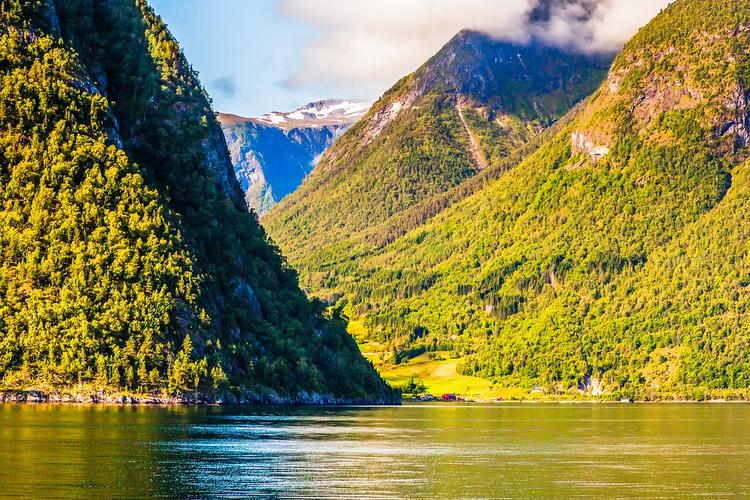Exploring the Intersection of Identity and Culture: A Journey of Discovery
Identity and culture are two concepts that are deeply intertwined. Our individual identities are shaped by the culture in which we grow up and live. Likewise, our cultures are defined by the people who make them up and the identities they carry. In this article, we will explore the intersection of identity and culture and how they contribute to our sense of self.
What is Identity?
Identity refers to the characteristics, qualities, beliefs, and values that make a person who they are. It is the unique set of attributes that distinguishes one individual from another. Identity can be shaped by a variety of factors, including genetics, upbringing, experiences, and culture.
What is Culture?
Culture is the set of shared values, traditions, beliefs, and practices that define a group of people. It encompasses everything from language, religion, art, music, and cuisine to social norms, history, and politics. Culture is passed down from one generation to the next and is shaped by the experiences and identities of those who participate in it.
How do Identity and Culture Intersect?
Identity and culture intersect in many ways. Our cultural backgrounds, for instance, can play a significant role in shaping our identities. Our identities, in turn, can influence how we participate in and contribute to our cultures.
An individual’s cultural heritage can provide a source of pride and connection to a larger community. On the other hand, it can also give rise to feelings of exclusion or alienation when someone’s identity does not fit neatly into the dominant cultural narrative.
It is important to recognize that our identities and cultural backgrounds are not fixed. They are dynamic and ever-evolving, influenced by the people, places, and experiences we encounter throughout our lives. By embracing our unique identities and celebrating the diverse cultures that make up our world, we can foster understanding, empathy, and connection.
Examples of Identity and Culture Intersection
One example of the intersection of identity and culture is the LGBTQ+ community. For many people within this community, their sexual orientation or gender identity is a central aspect of their identity. At the same time, the LGBTQ+ community has a distinct culture that includes shared experiences, language, and traditions.
Another example is the intersection of race and culture. For people of color, their racial identity can be deeply entwined with their cultural heritage. Racism and discrimination based on skin color and racial identity can have a profound impact on a person’s sense of self and their relationship to their culture.
Conclusion
In conclusion, exploring the intersection of identity and culture can be a powerful journey of discovery. By understanding how our identities and cultural backgrounds shape who we are and how we interact with the world around us, we can develop greater empathy, respect, and appreciation for the richness of human diversity. It is up to each of us to embrace our identities and celebrate the cultures that make up our world, creating a more equitable and inclusive society for all.
(Note: Do you have knowledge or insights to share? Unlock new opportunities and expand your reach by joining our authors team. Click Registration to join us and share your expertise with our readers.)
Speech tips:
Please note that any statements involving politics will not be approved.
